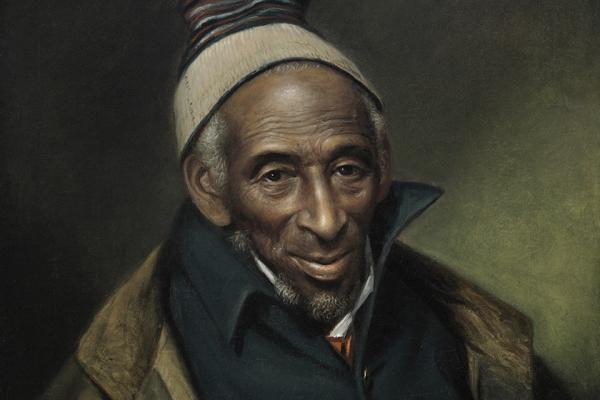Apr 8, 2016
"Islam Hates Us!"
The recurring headline screams across every kind of media. Fear-based stories about Muslims have become standard fare this election cycle, rooted in the notion that Muslims are recent arrivals in America and somehow don’t belong. Some go so far as to suggest Muslims need to be plucked out from American society and “sent back home.”
Read the Full Article

Already a subscriber? Login
